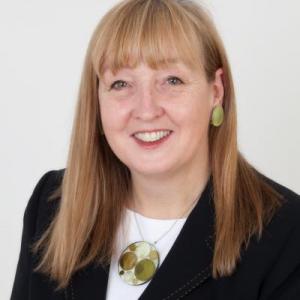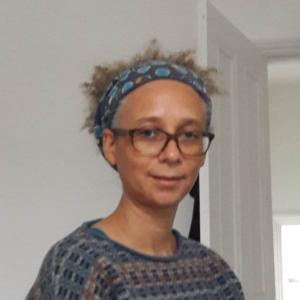Professor Linda Mulcahy is funded by the Arts and Humanties Research Council

The Centre for Socio-Legal Studies has been awarded a research grant of £1 million pounds by the AHRC to undertake a ground-breaking four-year oral history project on the Law Centres movement. The project aims to address the dearth of in-depth accounts of radical lawyering in the UK and to consider the ways in which Law Centres – which work in and with disadvantaged communities – have been successful in addressing problems surrounding the UK’s democratic deficit. The project will be led by Professor Linda Mulcahy, Director of the Centre for Socio-Legal Studies and she will be joined by Professor Kieran McEvoy and Dr Anna Bryson from Queens University in Belfast.
This research will explore four key issues: the new ways of lawyering that they pioneered; the ways in which they developed new types of legal specialism that focused on the needs of the poor; the roles they have played in campaigns for legal reform; and their contribution to strategic litigation. The project team will be working closely with the UK’s leading oral history fieldwork charity, National Life Stories at the British Library. Dr Rob Perks, the British Library’s Lead Curator of Oral History and Director of National Life Stories commented:
“This is an important partnership for the British Library which will add sixty-five in-depth life story interviews to the oral history collection, providing unparalleled insights into the history of the Law Centres movement. Researchers now and in the future will be able to understand the vital contribution of Law Centres in providing access to justice, and the role they have played in social, political and campaigning networks over time. The Law Centre Network reports will enrich the Library’s Manuscripts collection and provide valuable data to complement the audio recordings.”
In addition to the production of a sound archive the project team will create a paper archive of Law Centre annual reports which will also be deposited at the British Library. This will give generations of future researchers access to a rich repository of images, statistics and stories about how the legal needs of the poor were re-conceptualised. This will be a significant and lasting resource for academics, journalists, lawyers and all those interested in active citizenship. The research team are delighted that the Law Centres Network will also be acting as a project partner. Julie Bishop, Director of the Law Centres Network has commented:
The Law Centres Network is delighted to be a partner on this project which will give much-needed recognition to the work that Law Centres have done in working with communities, enhancing access to justice and challenging unjust laws.
This project was launched on 6th November at the Annual General Meeting of the Law Centres Network, fifty years after the first law centre opened its doors in North Kensington in London.

